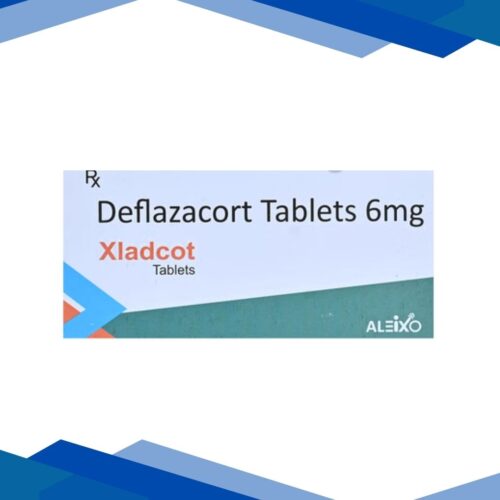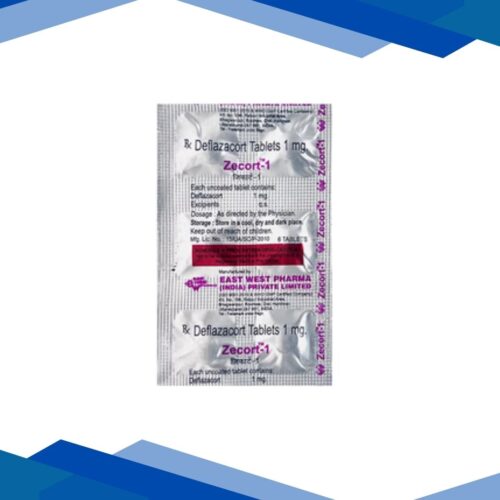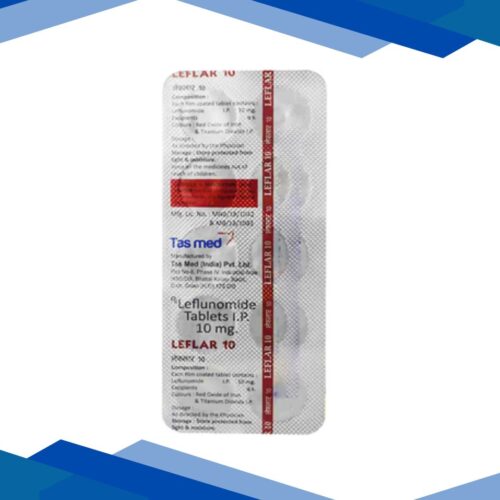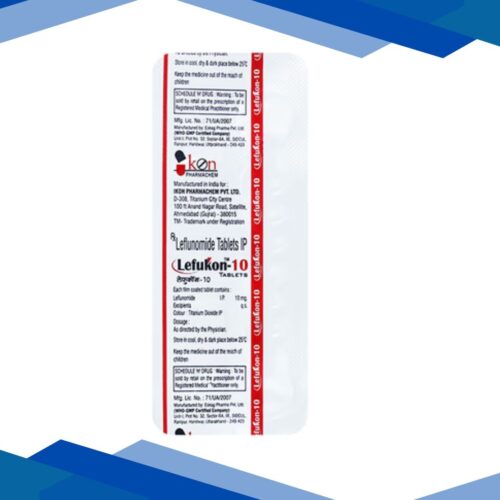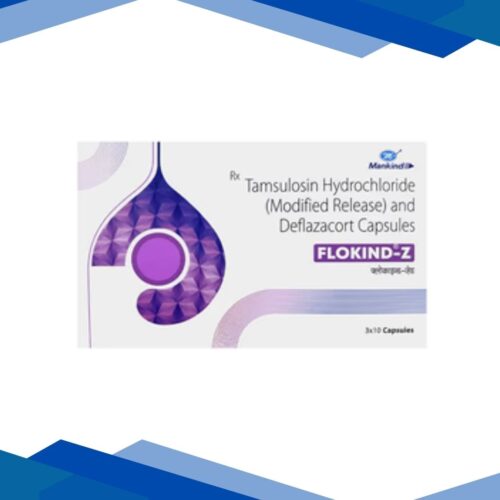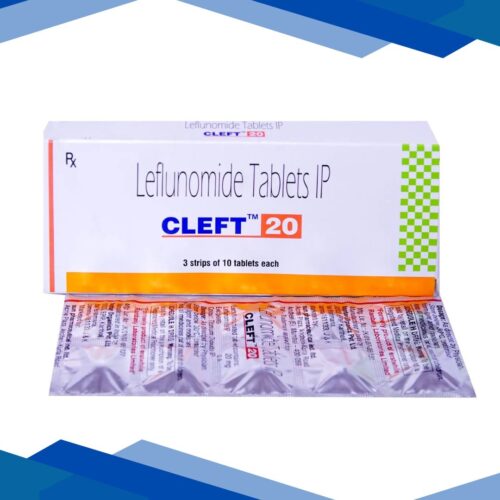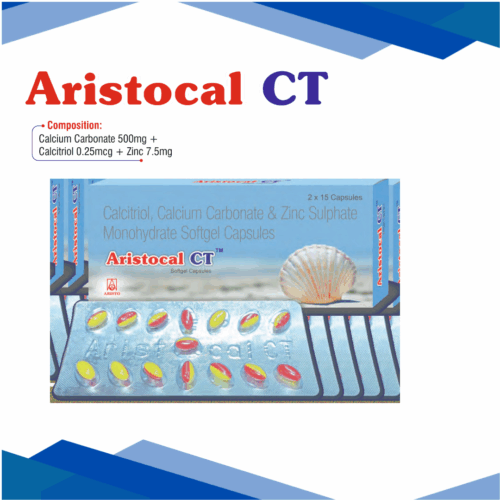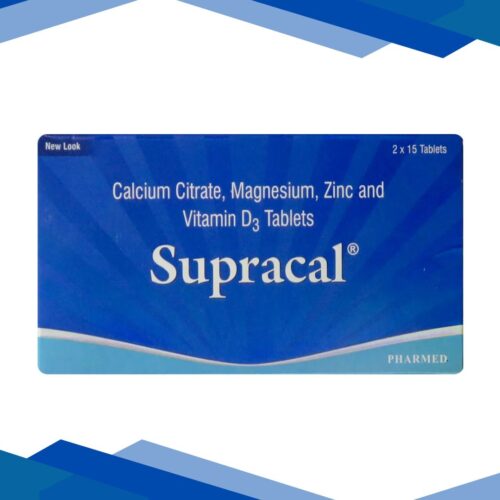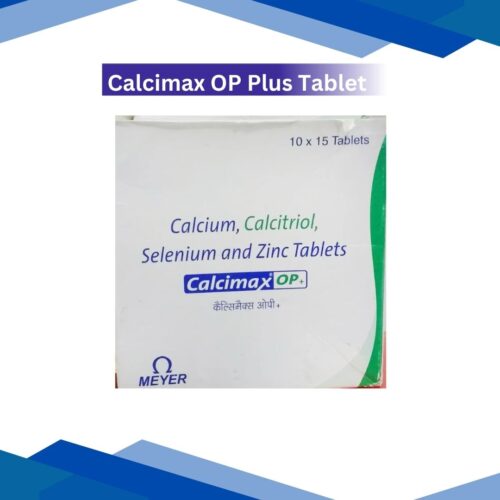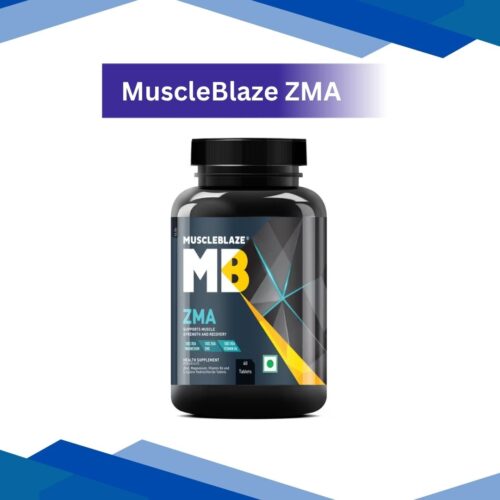FLOKIND Z Capsule 10’s
Gemsoft Capsule
This combination is used to support bone health, treat or prevent calcium and vitamin D deficiencies, and aid in conditions like osteoporosis. Calcitriol enhances calcium absorption, calcium carbonate provides the mineral, and zinc supports bone formation and immune function. For more details kindly click on Medicine Salts below:
Calcitriol
CALCITRIOL
Overview:
Calcitriol is a medication version of natural vitamin D, essential for bone health, calcium absorption, and parathyroid hormone regulation. It’s usually prescribed to people with kidney issues, certain bone conditions, or low calcium levels who can’t activate vitamin D naturally in their bodies.
Classification:
Calcitriol is the active form of vitamin D3. It’s a vitamin-based hormone used as a nutritional supplement and therapeutic agent to support calcium balance in the body.
Uses:
Treats or prevents low blood calcium (hypocalcemia)
Helps manage bone disorders, such as rickets or osteodystrophy
Used in people with chronic kidney disease who have trouble processing vitamin D
Supports patients with parathyroid gland problems (like hypoparathyroidism)
Helps improve calcium absorption in people with intestinal disorders
How It Works:
Calcitriol works by helping the body absorb more calcium and phosphate from food through the intestines. It also helps maintain proper calcium levels in the blood and supports bone strength. In people with kidney problems, it replaces the active vitamin D their body can’t make on its own.
Dosage: As prescribed by your doctor.
Side effects:
While usually well tolerated, some people may notice:
Nausea or vomiting
Headache or weakness
Increased thirst or frequent urination
Loss of appetite
In rare cases: high calcium levels (hypercalcemia), which can cause confusion, tiredness, or irregular heartbeat
Precautions:
Regular blood tests are important to monitor calcium and phosphate levels
Tell your doctor if you have a history of heart disease, kidney stones, or high calcium levels
Be cautious with calcium or vitamin D supplements—too much can be harmful
Drink plenty of fluids unless advised otherwise
Use during pregnancy or breastfeeding only with medical advice
Avoid taking magnesium-containing antacids unless approved by your doctor
Disclaimer:
This content is for informational purposes only. Always consult a healthcare provider for medical advice and proper dosage
Calcium Carbonate
CALCIUM
Overview:
Calcium is a natural mineral that your body needs to stay strong and healthy. It’s best known for keeping your bones and teeth hard and sturdy, but it also plays a big role in muscle movement, heart rhythm, and nerve function.
Classification
Calcium is a dietary supplement and essential mineral.
Uses:
Supports healthy bones and teeth
Helps muscles contract and relax properly
Keeps your heartbeat steady
Helps nerves send signals
Used to prevent or treat calcium deficiency, especially in people with osteoporosis, poor diet, or during pregnancy or growth phases
How It Works:
Calcium gets absorbed from the food you eat or from supplements. Once in your blood, it’s sent to places where it’s needed—mostly bones, teeth, and muscles. It strengthens bones, supports heart and muscle function, and helps nerves carry messages throughout your body.
Dosage:
As prescribed by your doctor.
Side effects
Most people can take calcium without issues, but some might notice:
Stomach upset or bloating
Constipation (trouble going to the bathroom)
Gas
Mild nausea (feeling slightly sick)
Dry mouth or a chalky taste
Kidney stones
High calcium levels in the blood, which may cause confusion, tiredness, or increased thirst
Precautions
Don’t take more than recommended: Too much calcium can build up in the body and cause problems like kidney stones or high blood calcium.
Tell your doctor about your medical history, especially if you have kidney disease, heart problems, or a history of kidney stones.
Let your doctor know if you’re taking other medications: Calcium can interfere with how some drugs work—like antibiotics, thyroid medicine, or iron supplements.
Take it the right way: Some types of calcium work better with food, while others don’t. Follow the label or your doctor’s advice.
Stay hydrated: Drinking enough water helps prevent kidney stone risk when taking calcium supplements.
Disclaimer:
This content is for informational purposes only. Always consult a healthcare provider for medical advice and proper dosage
ZINC
ZINC
Overview:
zinc is an essential nutrient found in a variety of plant and animal foods, along with supplements. It plays a key role in skin health, immune function, and cell growth and may protect against acne, inflammation, and other conditions.
Classification:
Antioxidant
Uses:
Supports the heart and nervous system
Has antioxidant effects
Supports the immune system
Helps in the formation of red blood cells
How It Works:
Cofactor Role:
Zinc acts as a cofactor for thousands of enzymes and proteins, which are essential for various metabolic processes.
Immune Function:
Zinc is crucial for the proper functioning of the immune system, including the production of immune cells like T cells, B cells, and natural killer cells.
Antiviral Effects:
Zinc may help reduce the severity of colds by inhibiting rhinovirus replication and suppressing nasal inflammation.
Wound Healing:
Zinc is involved in collagen synthesis and other processes that contribute to wound repair.
DNA Synthesis:
Zinc is essential for DNA replication and RNA transcription, which are fundamental processes for cell growth and function.
Dosage:
As prescribed by your doctor.
Side Effects:
Diarrhea.
Dizziness.
Headache.
Nausea.
Upset stomach.
Vomiting.
Precautions:
Read the label carefully before use
Store in a cool and dry place away from direct sunlight
Keep out of reach of children
Use under medical supervision
Do not exceed the recommended dosage
Pregnant or nursing mothers, children, and people with medical conditions must consult a healthcare professional before taking this supplement
Disclaimer
This content is for informational purposes only. Always consult a healthcare provider for medical advice and proper dosage.
